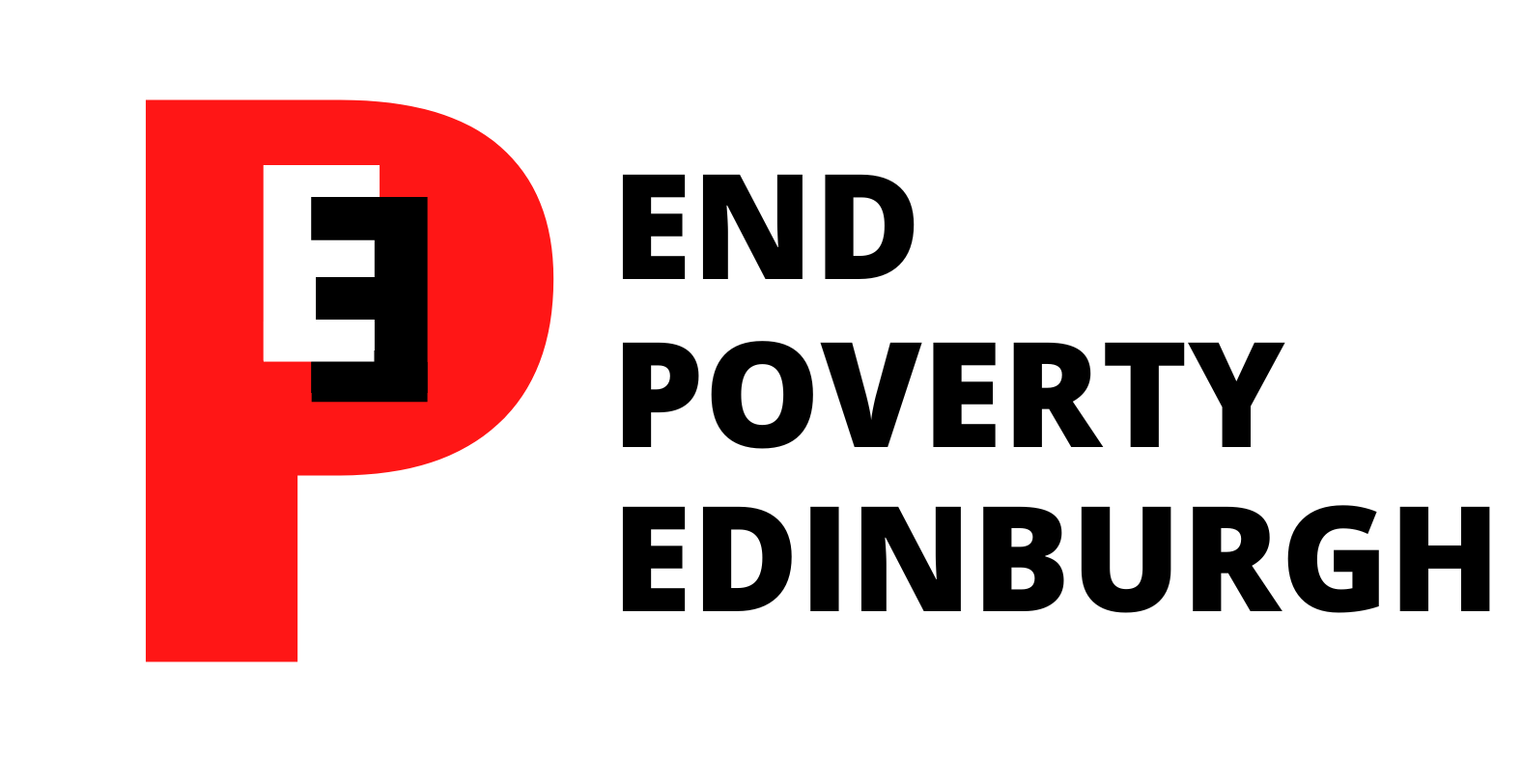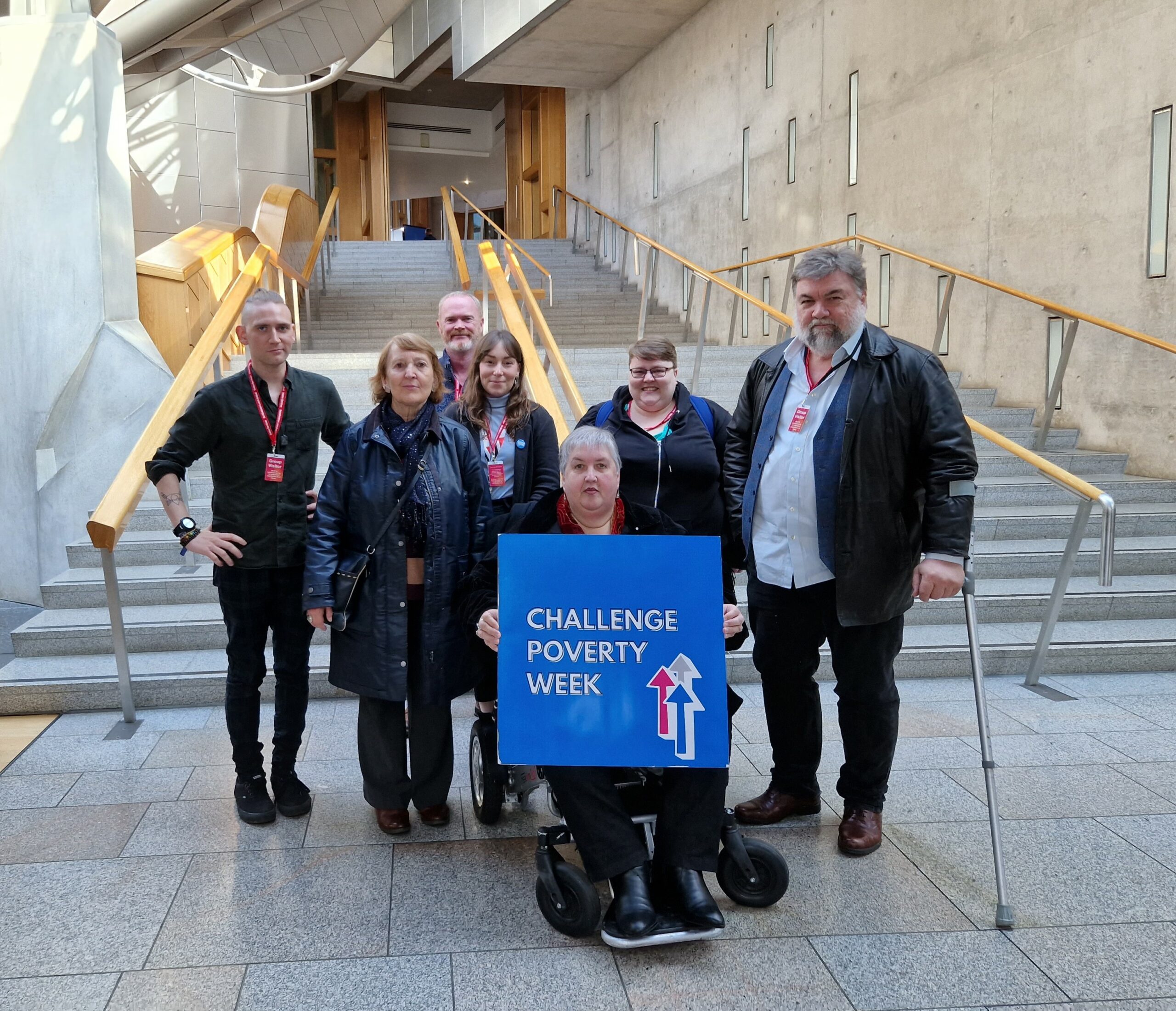
Brid Cullen,End Poverty Edinburgh
At the start of this Challenge Poverty week to raise awareness of the scale of poverty in our towns and communities around Scotland there are some shocking facts that we need to face up to.
More people are suffering now than when the Poverty Alliance brought organisations together in 2013 to plan the first Challenge Poverty Week! There are now 9,500 children living in homeless accommodation, compared to 4,500 in 2013. Average incomes has not kept pace with inflation. The shortage of suitable affordable housing has grown even more acute, and many people are experiencing chronic health problems, both physical and mental from the combined damage caused by all of these factors. It’s widely recognized that many people actually in employment are not able to make ends meet, due to low salaries and uncertain working conditions. Having a job should ensure that we can lead a comfortable life, but for too many people, work is just too precarious to let them have a decent life.
We don’t need to accept this injustice. I’m part of End Poverty Edinburgh, a group of citizens working to raise awareness of the impact of poverty in our capital city, one of the most visited cities in Europe, and widely acknowledged as a cultural capital across the world. We want to influence decision-makers and hold the city leaders to account for their role in addressing the damage that poverty does to people’s aspirations and children’s life chances. We grew out of the Edinburgh Poverty Commission report in 2020 www.edinburghpovertycommission.org.uk
This week we are bringing people together to ask what action needs to be taken now to improve housing, food and income security, and employment to give everyone in Edinburgh a fair chance to grow and flourish.
If we want to see a flourishing country, we need to take action now to bring about real change. Government needs to oblige employers to pay their staff a fair wage, with good working conditions. That in turn would give families more money to spend in their local communities, which is good for local businesses.
The Benefits system needs to stop penalizing people who take a part-time job to get started on the employment ladder, but need to top up their income to make ends meet. Businesses would benefit from the greater spending power.
I believe that we can all take small actions towards ending poverty, and it starts with speaking up about it rather than pretending not to see it all around us. It’s easy to add one item to our shopping basket to donate to the food collection point in the supermarket. If money is short, we might be able to give our time as a volunteer to a charity that supports groups who sometimes struggle most, families, disabled people, or ethnic minority groups who are struggling.
Don’t be the person who passes by on the other side of the street!


Enter your email address to receive regular e-updates about our work. If at any time you want to stop receiving these, simply contact us. We’ll keep your details safe and won’t share them with any other organisations for their marketing purposes. For full details see our Privacy Policy.